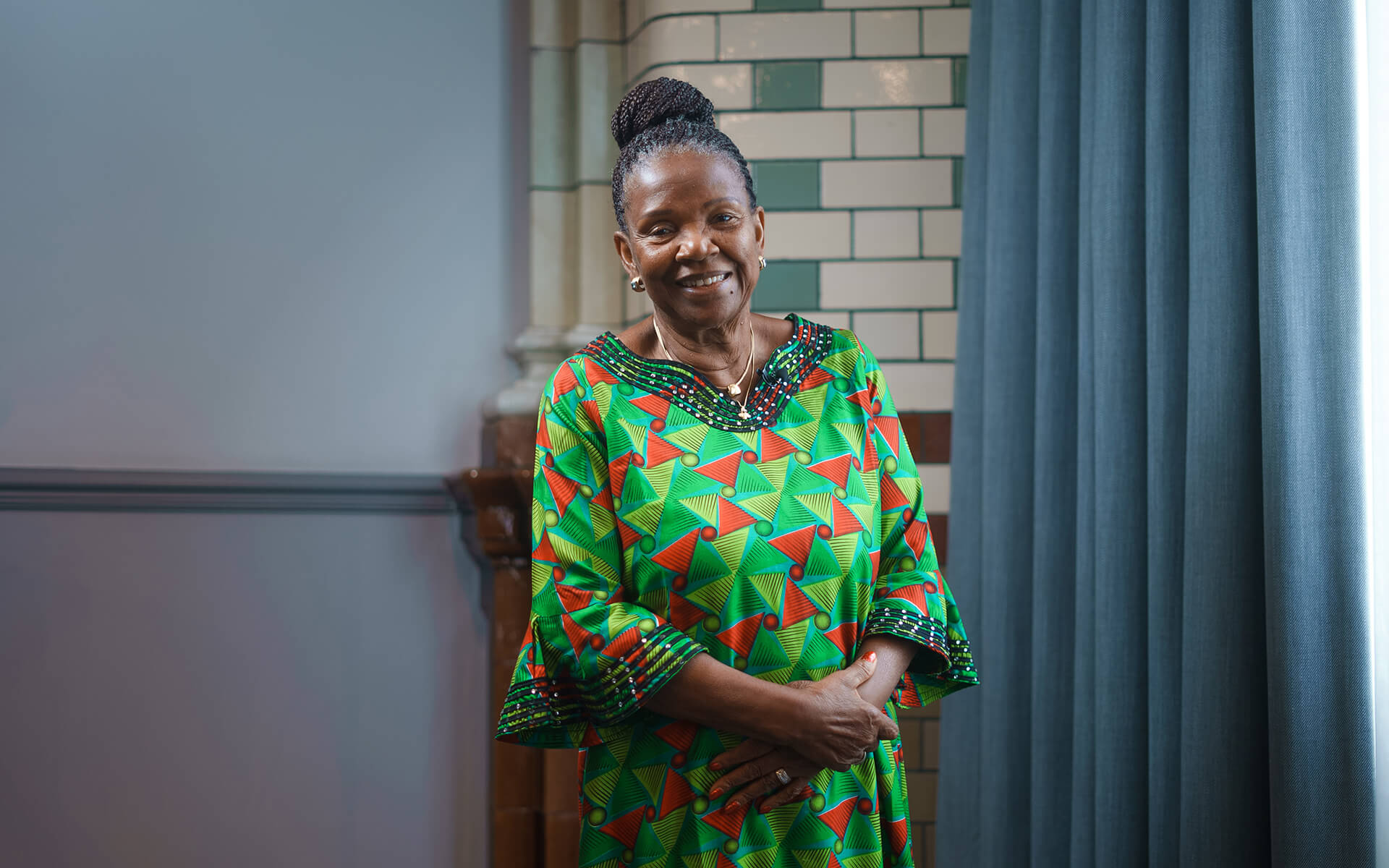2022 Winner
Lydia Ina
Supermum fostered more than 300 children in Manchester and opened an orphanage in Nigeria.
Lydia has spent decades fostering children. After her own children moved out she would care for as many as five youngsters at a time in her home in Didsbury and later in Fallowfield. She has given a home to around 300 during 23 years as a foster carer with Manchester City Council.
She first became a foster carer when she stepped up to look after the children of a close friend. Lydia cared for the children before they were returned to their mother and she had done such a good job that she was approached by Manchester City Council.
“Children are my life,” she says. “I looked after children for 23 years as a foster carer, brought up six children, and I will work until I drop with children.”
Lydia was once stopped by police as she took six kids she was looking after to buy new shoes. To the police, a black woman walking with six white children in Manchester city centre looked odd. However, unbeknown to them this was an extraordinary woman on a mission to care for as many orphaned children in Manchester as she could.
“Before I could answer one of the kids replied, ‘Hi mate, she’s our foster mum’. The police didn’t know what to say so they told us to have a good day and left us alone. That was back in the 90s, imagine seeing a black woman with six white children at that time. When I looked back I saw the police man still looking at me, I think they found it hard to believe.”
She was on a trip to Nigeria, where she was born, and in the south east of the country when she met orphans and children disowned by their families due to accusations of sorcery.
On her return to Manchester, she was inspired to start a charity to help them, the Gapolunya Foundation, named after her late mother.
It opened an orphanage in Nigeria in 2012, with 7 children and has grown to 25 children who are all in school. Lydia’s efforts are now supported by a team of trustees in Manchester. They also provide street children with food, shelter, clothing and access to education, support subsistence farmers and provide malaria prevention measures.

